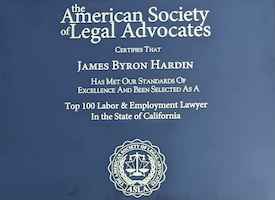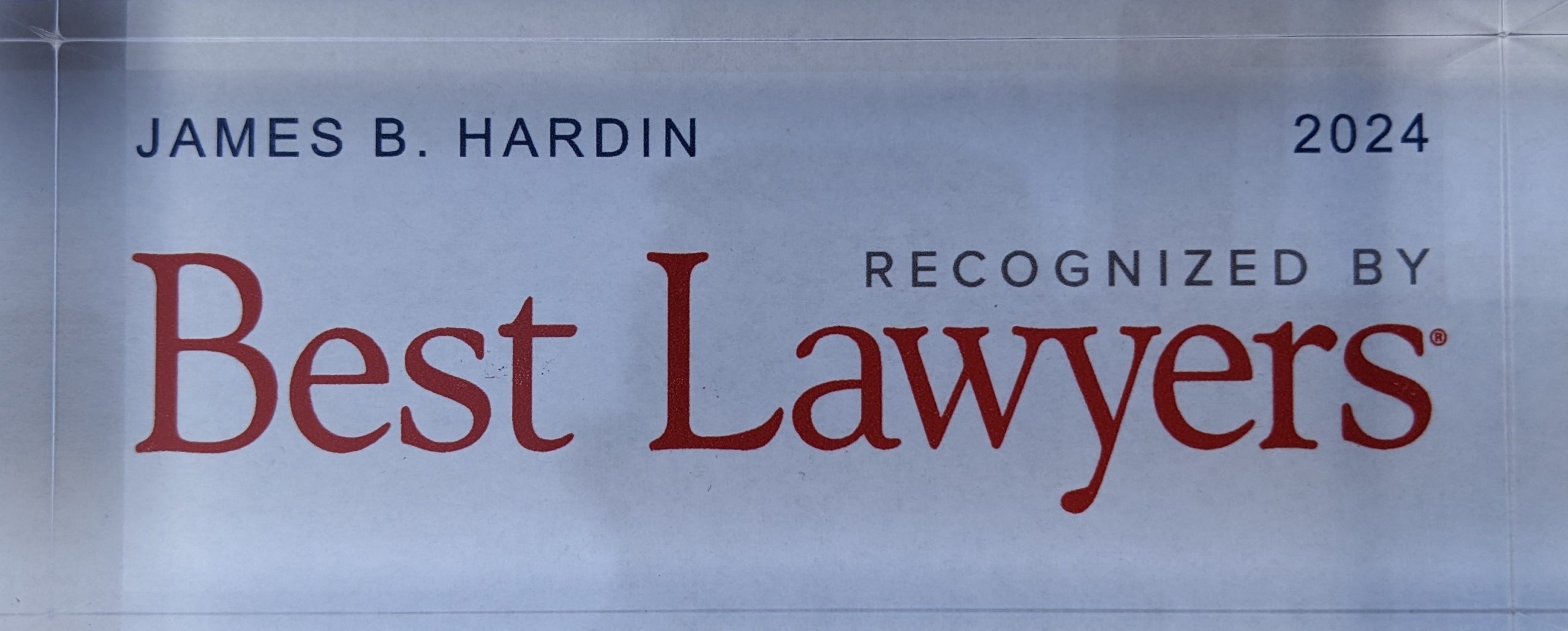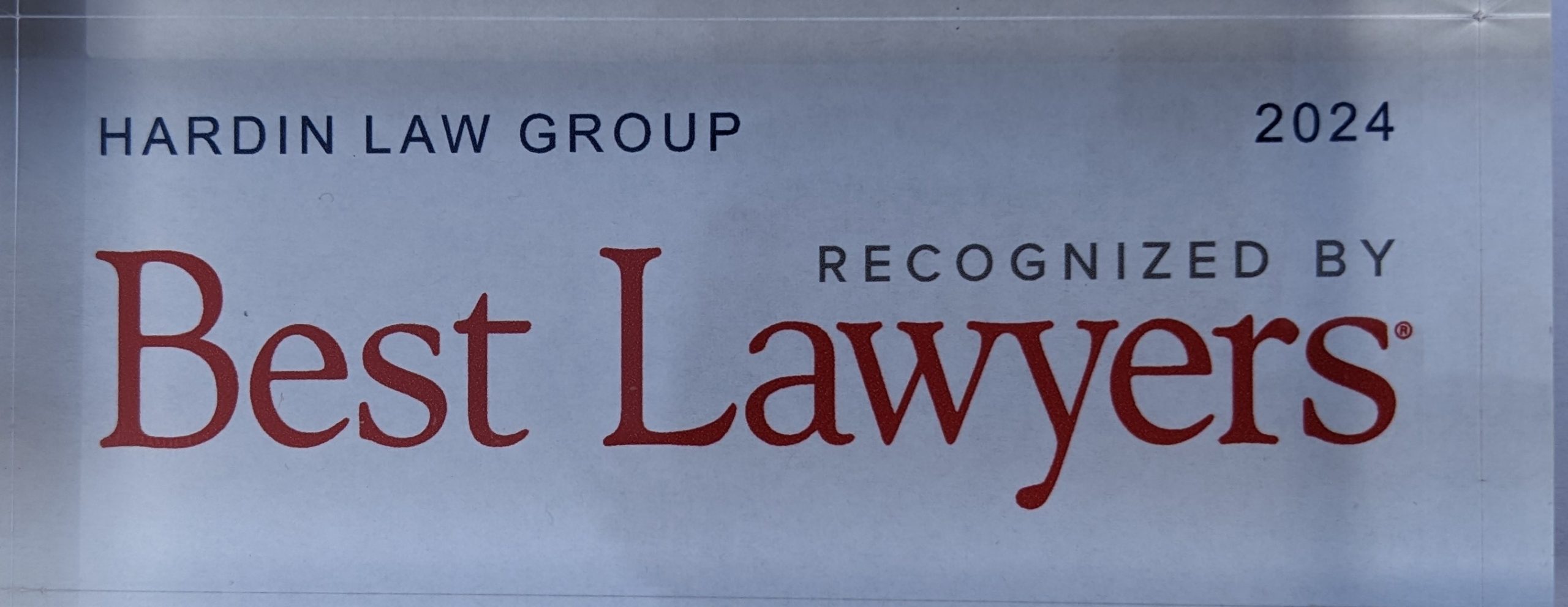What Happens When Employers Violate a California Collective Bargaining Agreement?
Typically, a workers’ union will negotiate with an employer for a collective bargaining agreement, which specifies the terms and conditions of employment. Most agreements prohibit either the union or the employer from changing a work policy without engaging in the bargaining process. When an employer unilaterally adopts a new policy, the union may file a grievance with the California Public Employment Relations Board to prevent the employer from enforcing the policy. As demonstrated in a recent case, a party may appeal the Board’s decision in California state court, which will review the decision and decide whether to uphold or reject it.
The Facts of the Case
The employer in this case was a medical center owned by a large hospital system. The Service Employees International Union, Local 51 (SEIU) filed several grievances against the Hospital Authority (“the hospital”) involving changes in the medical center’s operations. However, the hospital unilaterally decided it could reject union grievances without allowing the union an opportunity to negotiate any policy changes. In response, the union filed an unfair labor practice charge with the California Public Employment Relations Board (“the Board”). The dispute centered around a Memorandum of Understanding (MOU) between the hospital and the union. The hospital believed the MOU did not provide for collective grievances, meaning it could reject any collective grievances filed by the union. Conversely, the union argued that the hospital’s actions violated the MOU.
The Board’s Decision
The Board found that SEIU had established that the hospital committed an unlawful unilateral change to a matter within the scope of the MOU, which violated the duty to meet and confer with the union. The hospital’s declaration that the MOU barred collective grievances and granted authority to refuse them materially altered the status quo in a way that could impact future cases. Accordingly, the Board found that the hospital violated the Meyers-Milias-Brown Act (MMBA) by unilaterally adopting a new policy without affording the union notice and opportunity to bargain. The hospital appealed the Board’s decision to the California Appeals Court.
The Appellate Opinion
Reviewing the Board’s decision, the court found that the Board properly determined that the hospital imposed a new policy or enforced an existing policy in a new way by asserting it could unilaterally reject collective grievances. The MMBA requires the governing body of a local public agency such as a hospital to meet with union representatives and in good faith to negotiate terms and conditions of employment. The duty to bargain in good faith requires the public agency to avoid unilateral changes in terms and conditions until it has reached a true impasse in negotiations with the union. Here, the court detected no error in the Board’s conclusion that the hospital violated this provision by failing to engage in collective bargaining to establish its new policy.
The court also found that the MOU’s provision on grievances is at best ambiguous about requiring mutual consent to bargain over collective grievances. In other words, the court upheld the Board’s rejection of the hospital’s argument that the MOU sanctioned its actions toward the union. The union’s interpretation of the provision—that it provided the union with the right to consolidate identical personal grievances into a collective one—was equally plausible. For these and other reasons, the court upheld the Board’s decision, denied the hospital’s request for relief, and awarded the union costs on appeal.
If you believe your employer has violated its collective bargaining agreement with your union, contact the Hardin Law Group to learn more about the actions you can take against your employer.





















